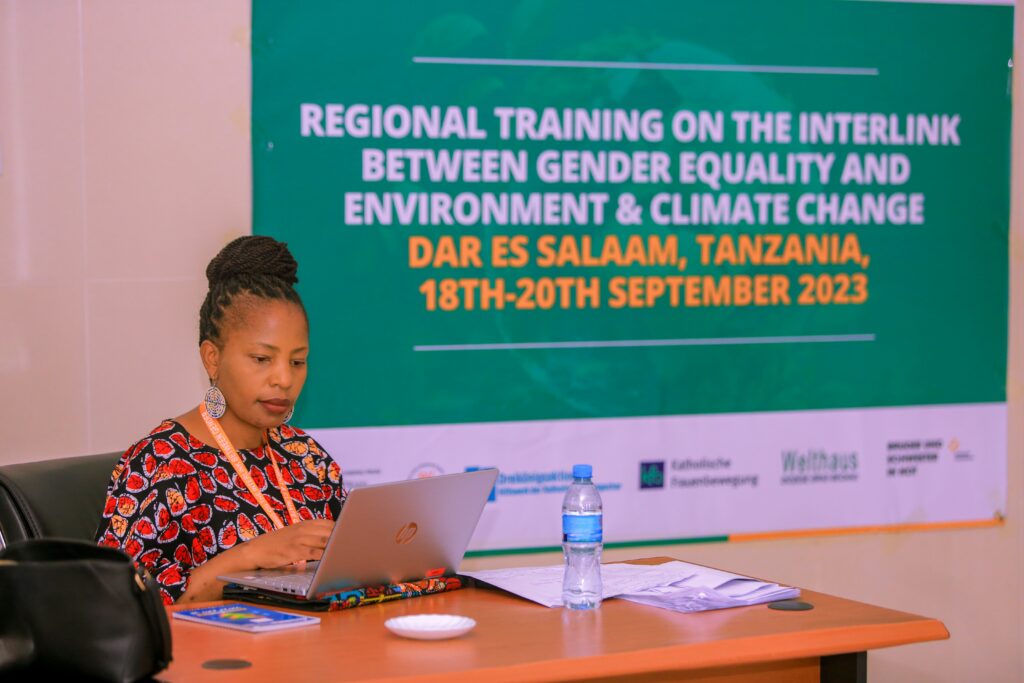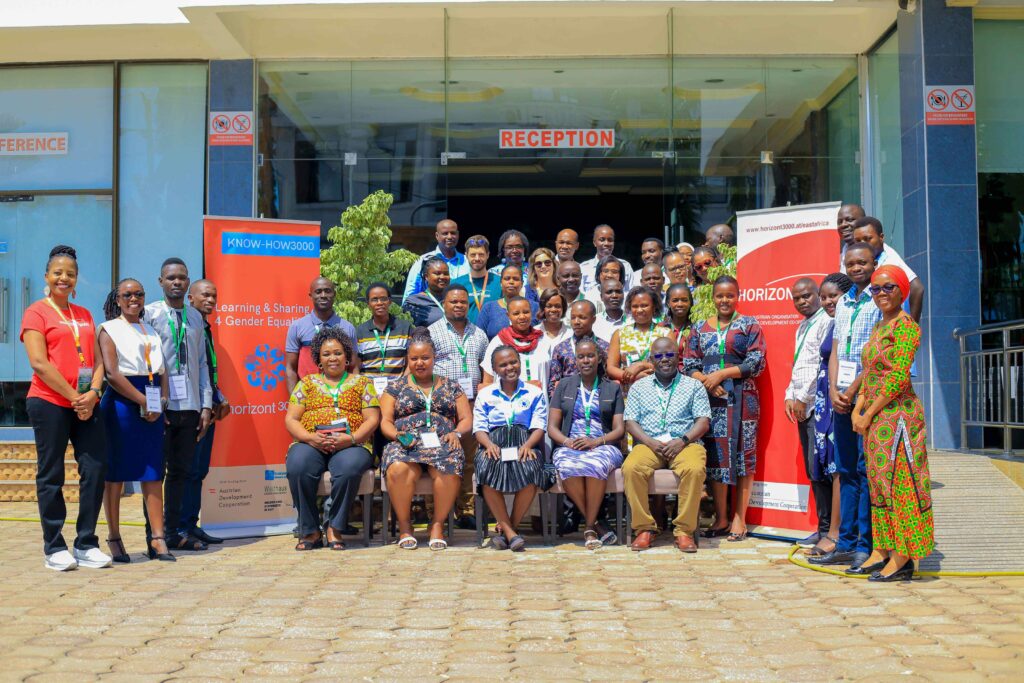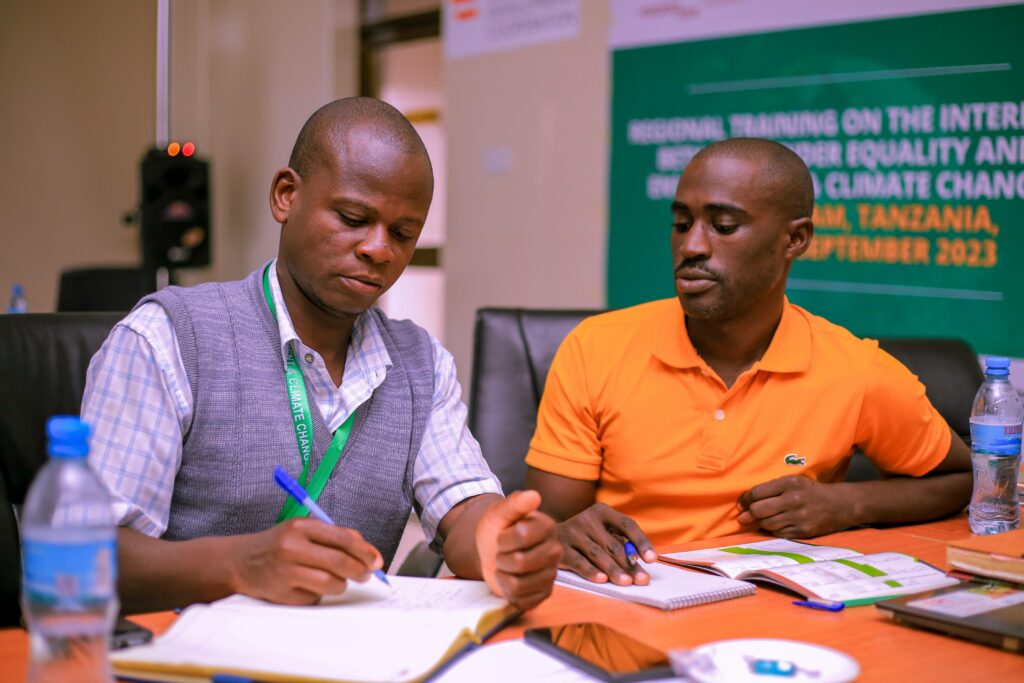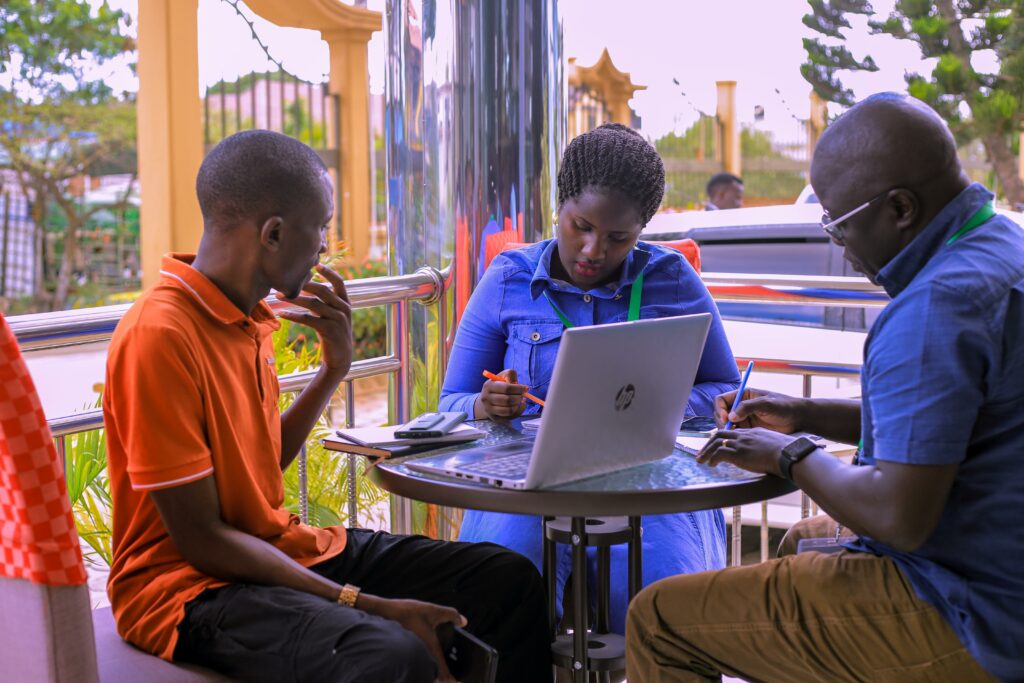Make Your Experiences Count. They Can Change the World.
LET’S BRING ALL OF OUR KNOWLEDGE AND EXPERIENCES TOGETHER.
TOGETHER WE KNOW MORE. TOGETHER WE ACHIEVE MORE. TOGETHER WE DO BETTER.
LET’S BRING ALL OF OUR KNOWLEDGE AND EXPERIENCES TOGETHER.
TOGETHER WE KNOW MORE. TOGETHER WE ACHIEVE MORE. TOGETHER WE DO BETTER.
Published: October 25, 2023
Climate change and its impacts pose a severe threat to sustainable development. While this is true all around the globe, Africa is the region that is the most affected. In 2022 weather- and climate-related hazards, such as droughts, floods or storms, directly harmed more than 110 million people on the continent. In large parts of East Africa five consecutive failed rainfall seasons have contributed to reduced agricultural productivity, food insecurity and population displacement. Furthermore, the changing climate is expected to increase the transmission of infectious diseases, to fuel conflicts over diminishing natural resources and to even put African cultural heritage at risk.

However, climate change doesn’t lead to the same effects for women/girls and men/boys. This is the case because these groups fulfill different social roles and have unequal access to recourses and decision-making. As a result, women’s capacity to adapt is often weaker than that of men and women’s experiences and needs are often less considered in respective measures. Hence climate change amplifies already existing gender inequalities. This is a reality HORIZONT3000’s partner organizations have to consider while planning, implementing and assessing their projects.
To equip the partner organizations with the necessary knowledge and tools to face this task the HORIZONT3000’s regional office in East Africa organized a three days training on the interlink between gender equality and environment and climate change. The training was funded by the knowledge management program KNOWHOW3000 that puts the focus of its current program phase on learning and sharing for gender equality. Taking place in Dar es Salaam in late September 2023 the event brought together 33 participants representing 17 different partner organizations from Kenya, South Sudan, Tanzania and Uganda.

It followed a training on gender sensitive and responsive programming, that had been held in March 2022 and came at a time when the partner organizations had just concluded the gender analyses of their recently started projects. Conducting and facilitating the training was a joint effort of HORIZONT3000 staff members and consultants from the “Gender and Climate Change Tanzania Coalition – GCCTC”. Highly interactive methods ensured that participants did not only gain new insights but also built on their own experience. The opening session invited them to reflect on their commonalities and areas in which they could learn from each other and thus paved way for further knowledge sharing.
Another highlight was the power/privilege walk (get the instructions here). This role play enables the actors to “walk” in someone else’s shoes for a bit and thereby creates critical awareness of how intersecting characteristics such as gender, class and ethnicity put people in different positions. While everyone starts off from the same line the social factors that characterize the roles allow only a few to move on. At the end the power/privilege gap between a male local government official of 40 years who completed university education and is a friend of the governor’s brother and a female widow at the age of 33, who is HIV-positive and works in the fields to care for her five children becomes painfully visible. The distance between the two even widens when climate change comes into play. Extreme weather events that lead to high harvest losses and result in increased food prices will set back the young mother who already spends more than 50% of her income on meals but will leave the government official comfortably standing in his spot.
Keeping these different positions and vulnerabilities of people we work with in mind, sessions on key gender concepts, gender analysis, climate change and its impacts on East Africa, Do-no-harm as well as on gender-responsive mitigation and adaptation actions provided a solid basis for the partners to improve their interventions. First steps in this direction were undertaken during an extensive group exercise, when participants worked on integrating gender considerations in projects concerned with the environment and climate change and vice versa integrating environmental and climate considerations in projects concerned with gender equality.

Possible activities that were discussed included among others; awareness raising and sensitization through household dialogues or role models such as male champions or promoting income generating activities and entrepreneurial skills among women. Throughout the discussion participants emphasized the importance of knowing the needs of the people we work with and including them in planning to make sure that no one is left behind. Moreover, attendants stated that they also have to practice what they preach and showed high willingness to improve gender equality and act in a more climate-friendly way in their offices.

In their feedback participants made clear that they enjoyed the engaging and interactive character of the training and that they had a lot to take home. However, they also noted that one single training is not sufficient to fully grasp the vast complexity of the topics raised. Therefore HORIZONT3000’s regional office in East Africa will not stop its activities in this field at this point. On the contrary the KNOWHOW3000 program will continue to support partner organizations in finding gender-just responses to climate change and climate-friendly responses to gender-inequality.
Additional Sources